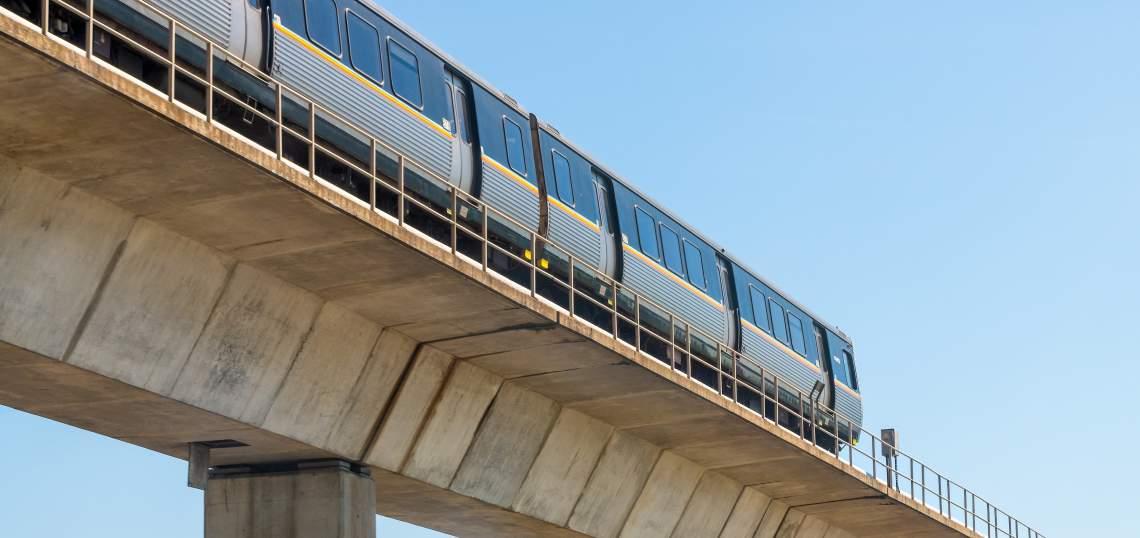It’s been a good month for the Metropolitan Atlanta Rapid Transit Authority.
In early March, MARTA scored $284 million in the latest round of COVID-19 rescue funds, upping its total federal aid since last year to $331 million, all meant to stabilize the agency during ridership plunges and other pandemic-spurred challenges.
Three weeks later, Georgia’s General Assembly approved its first budgetary line item to support MARTA since the agency was founded as a bus system in 1971. (Rail service launched a decade later.)
The $6 million state legislators have okayed for improvements to the Bankhead rail station is a relative drop in the bucket—the transit agency’s fiscal year 2021 budget was more than half a billion dollars, for context—but you wouldn’t know that from MARTA officials’ tone recently.
MARTA, as longtime Atlantans know, has managed to subsist and even grow as the country’s only major rapid transit system to receive no state support—a famously dubious distinction.
That helps explain why MARTA heads are calling the state’s $6 million chip-in—in addition to House Bill 511, a mechanism to annually fund transit projects that boost economic development—a “historic” decision.
Georgia’s fiscal 2022 budget will see the $6 million support an expected $50-million overhaul of Bankhead Station, next door to where Microsoft announced it will build out a sprawling tech campus in coming years. MARTA’s improvements, as guided by Microsoft’s input, are expected to include increased train capacity and access, alongside potential transit-oriented development.
Jeffrey Parker, MARTA’s CEO and general manager, lauded state leaders for the financial support.
“Having the State of Georgia partner with us to make the changes needed at Bankhead Station to support Microsoft will lead to a long and mutually beneficial relationship,” said Parker in a prepared statement last week. “[It] will support continued economic development in our region and more mobility for residents and visitors alike.”
Rita Scott, MARTA board chair, noted the agency has been “working over the last decade to get our house in order to be prepared for this moment” and that state leaders “can feel confident that MARTA’s nine years of balanced budgets, strong bond rating, and current leadership team will be responsible stewards” of the $6 million.
Access to transit, as MARTA leaders mentioned, was high on Microsoft’s list of priorities in choosing to invest in the Peach State. (New restrictive voting laws, it’s safe to say, probably weren’t.)
As for MARTA’s share of the American Rescue Plan Act of 2021, the $1.9-trillion coronavirus aid package U.S. President Joe Biden signed last month, the agency expects more than $280 million to roll in. Exactly how MARTA will spend that remains to be seen, but new construction projects haven’t been mentioned to date.
MARTA’s surplus funding from the aid package—expected to reach $272.5 million at the end of fiscal 2021—will help offset potential deficits through 2025 and give “the economy and ridership time to recover,” as MARTA leaders stated last month.
• Photos: Weedy MARTA parking lots have transformed into a mixed-use hub (Urbanize Atlanta)






